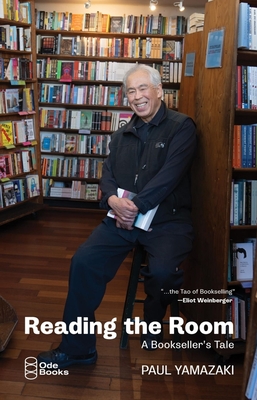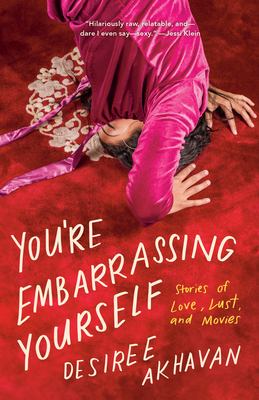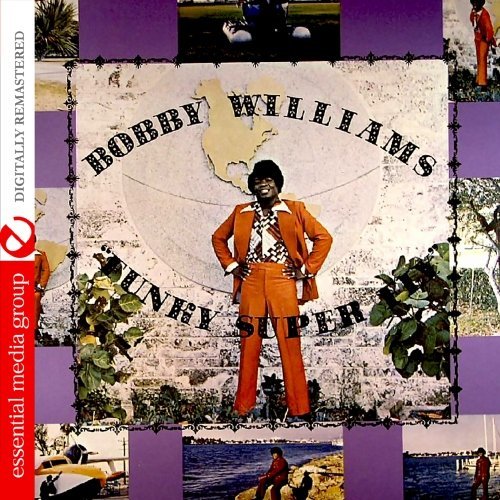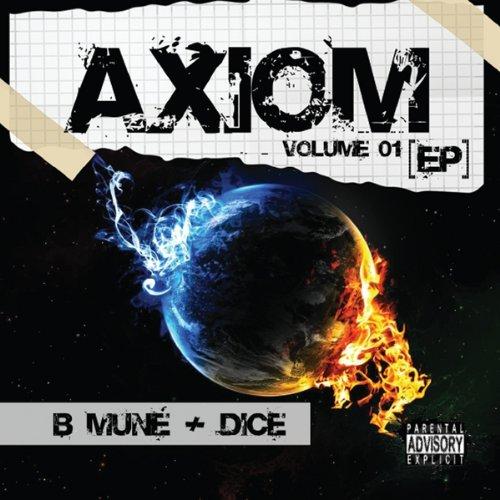
description
0The Instant New York Times Bestseller - One of People Magazine's Top 10 Books of the Year "The rare celebrity memoir that's also a literary read. As funny as it is reflecive, it shares stories behind Pacino's hardscrabble upbringing, classic films and journey to icon status." --People Magazine
From one of the most iconic actors in the history of film, an astonishingly revelatory account of a creative life in full To the wider world, Al Pacino exploded onto the scene like a supernova. He landed his first leading role, in The Panic in Needle Park, in 1971, and by 1975, he had starred in four movies--The Godfather and The Godfather Part II, Serpico, and Dog Day Afternoon--that were not just successes but landmarks in the history of film. Those performances became legendary and changed his life forever. Not since Marlon Brando and James Dean in the late 1950s had an actor landed in the culture with such force. But Pacino was in his midthirties by then, and had already lived several lives. A fixture of avant-garde theater in New York, he had led a bohemian existence, working odd jobs to support his craft. He was raised by a fiercely loving but mentally unwell mother and her parents after his father left them when he was young, but in a real sense he was raised by the streets of the South Bronx, and by the troop of buccaneering young friends he ran with, whose spirits never left him. After a teacher recognized his acting promise and pushed him toward New York's fabled High School of Performing Arts, the die was cast. In good times and bad, in poverty and in wealth and in poverty again, through pain and joy, acting was his lifeline, its community his tribe. Sonny Boy is the memoir of a man who has nothing left to fear and nothing left to hide. All the great roles, the essential collaborations, and the important relationships are given their full due, as is the vexed marriage between creativity and commerce at the highest levels. The book's golden thread, however, is the spirit of love and purpose. Love can fail you, and you can be defeated in your ambitions--the same lights that shine bright can also dim. But Al Pacino was lucky enough to fall deeply in love with a craft before he had the foggiest idea of any of its earthly rewards, and he never fell out of love. That has made all the difference.
From one of the most iconic actors in the history of film, an astonishingly revelatory account of a creative life in full To the wider world, Al Pacino exploded onto the scene like a supernova. He landed his first leading role, in The Panic in Needle Park, in 1971, and by 1975, he had starred in four movies--The Godfather and The Godfather Part II, Serpico, and Dog Day Afternoon--that were not just successes but landmarks in the history of film. Those performances became legendary and changed his life forever. Not since Marlon Brando and James Dean in the late 1950s had an actor landed in the culture with such force. But Pacino was in his midthirties by then, and had already lived several lives. A fixture of avant-garde theater in New York, he had led a bohemian existence, working odd jobs to support his craft. He was raised by a fiercely loving but mentally unwell mother and her parents after his father left them when he was young, but in a real sense he was raised by the streets of the South Bronx, and by the troop of buccaneering young friends he ran with, whose spirits never left him. After a teacher recognized his acting promise and pushed him toward New York's fabled High School of Performing Arts, the die was cast. In good times and bad, in poverty and in wealth and in poverty again, through pain and joy, acting was his lifeline, its community his tribe. Sonny Boy is the memoir of a man who has nothing left to fear and nothing left to hide. All the great roles, the essential collaborations, and the important relationships are given their full due, as is the vexed marriage between creativity and commerce at the highest levels. The book's golden thread, however, is the spirit of love and purpose. Love can fail you, and you can be defeated in your ambitions--the same lights that shine bright can also dim. But Al Pacino was lucky enough to fall deeply in love with a craft before he had the foggiest idea of any of its earthly rewards, and he never fell out of love. That has made all the difference.
member goods
No member items were found under this heading.
listens & views

FRENCH BONBONS: FRENCH OPERATIC / ...
by TORTELIER / ROYAL LIVERPOOL PHIL CHOIR / BBC PHIL
COMPACT DISC$20.75
Return Policy
All sales are final
Shipping
No special shipping considerations available.
Shipping fees determined at checkout.






